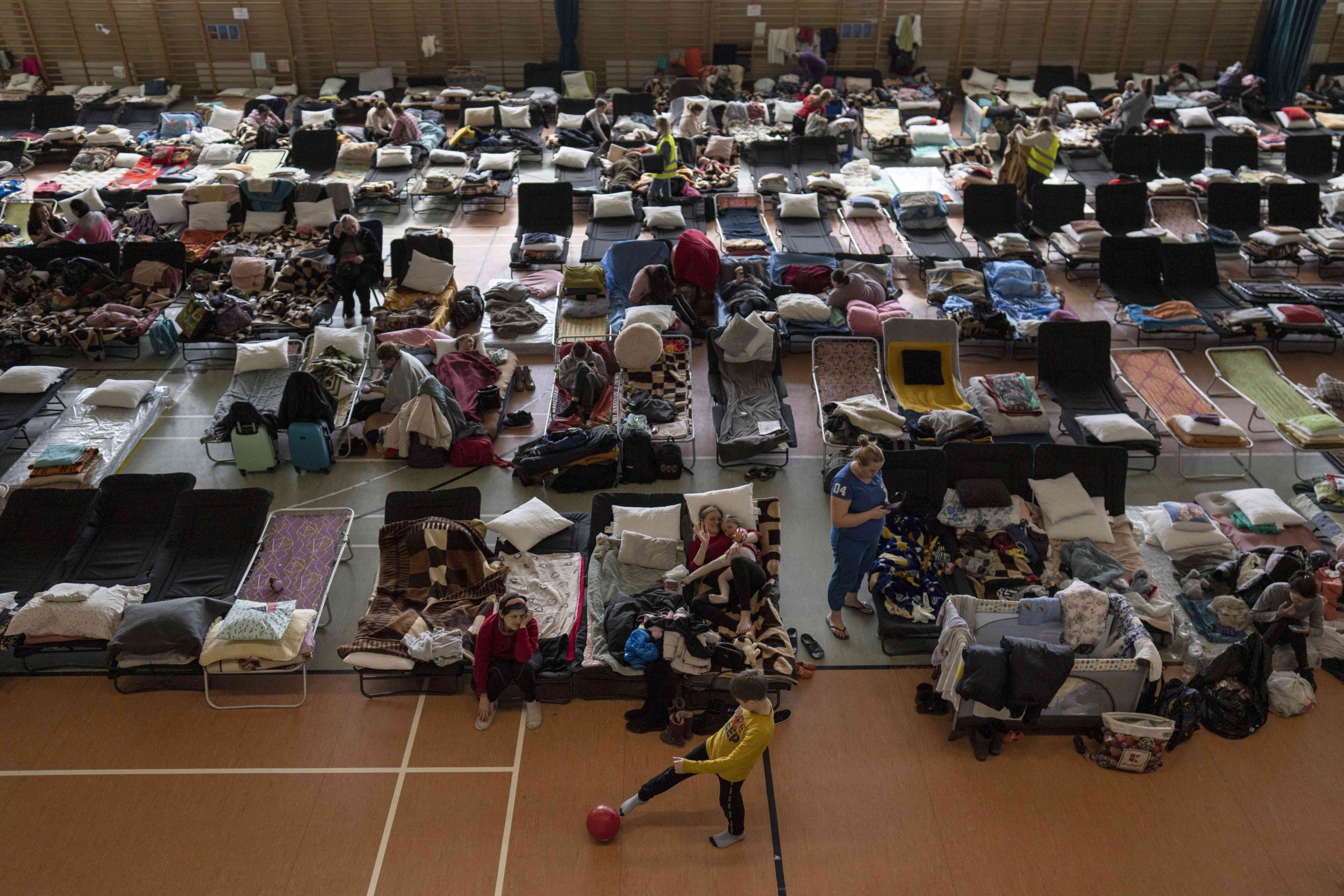As of March 18, at least 847 people had been killed and 1,399 had been injured in Ukraine, according to the United Nations Human Rights Office (OHCHR).
As per OHCHR, the majority of the casualties were caused by explosive weapons such as heavy artillery shelling and multiple-launch rocket systems, as well as missile and air strikes.
Also read: Satellite image shows damage of Mariupol theater after Russian airstrike
The true toll is expected to be much higher because OHCHR, which has a substantial monitoring team in the nation, has not yet been able to verify casualty reports from numerous seriously impacted cities, according to the organisation.
According to the United Nations Migration Agency, almost 6.5 million people have been displaced within Ukraine, in addition to the 3.2 million who have already fled the country.
This means that over a quarter of Ukraine’s 44 million citizens have been displaced.
Also read: Ukraine kills Russian general, shoots down 2 planes, 3 helicopters: Reports
According to the International Organization for Migration, Ukraine is on track to surpass the levels of displacement caused by Syria’s horrific war, which has driven approximately 13 million people from their homes both in the country and abroad, in just three weeks.
The findings are contained in a paper released on Friday by the United Nations Office for the Coordination of Humanitarian Affairs.
Approximately 1.5 million children have fled Ukraine since Russia invaded the country on February 24, and UNICEF, the United Nations’ children’s organisation, warned in a statement that they may become victims of atrocities.
Also read: How Zelensky can assist Ukrainians displaced by Russian invasion: Explained
According to UNICEF, around 500 parentless children crossed from Ukraine into Romania between February 24 and March 7. The total number of unaccompanied minors crossing borders is “certainly far higher,” according to the statement. Every day, more than 75,000 Ukrainian children become refugees, according to UNICEF spokesperson James Elder during a news conference in Geneva on Tuesday.
To improve the protection of these children, the UN and civil society partners have established information centres known as “Blue Dots” in neighbouring countries such as Poland to provide crucial assistance to families.







